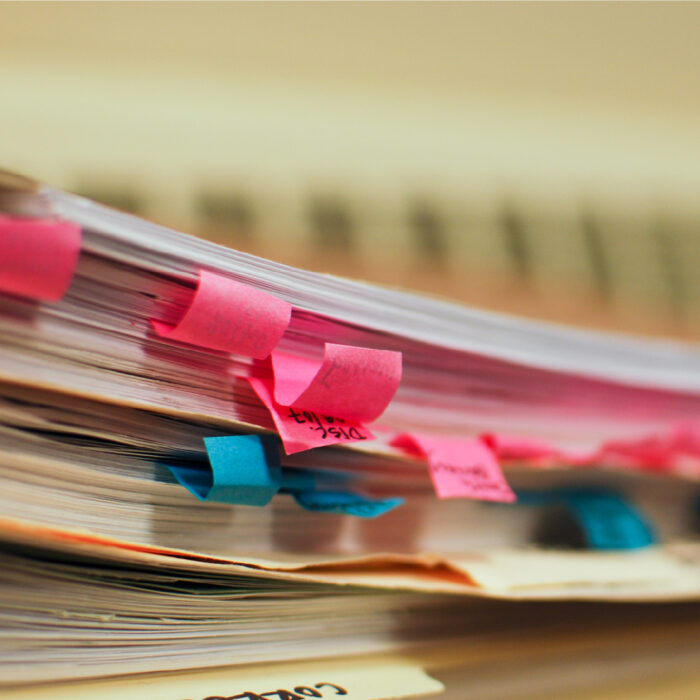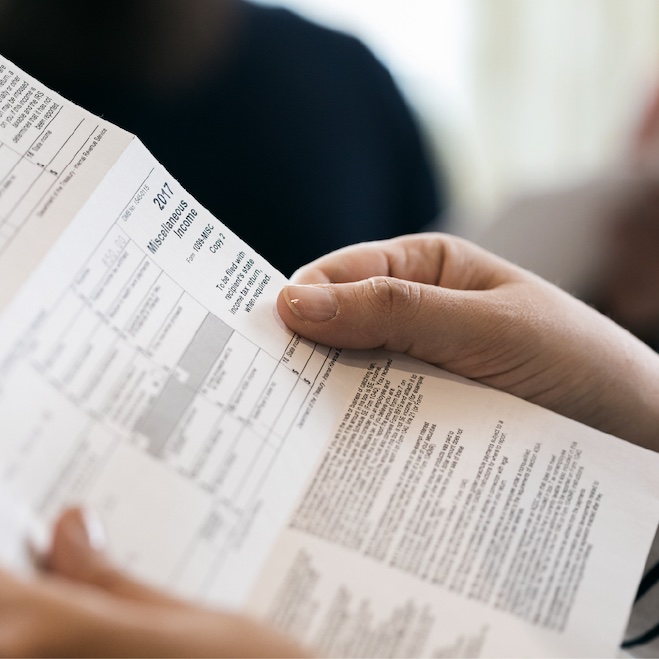How to use a Vermont resale certificate
by December 15, 2023
Please note: This blog was originally published in 2021. It’s since been updated for accuracy and comprehensiveness.
If you buy products at retail in order to resell them, you can often avoid paying sales tax when purchasing those products by using a Vermont resale certificate, otherwise known as an exemption certificate.
With a verified resale certificate, you don’t have to pay sales tax when buying goods for resale. Instead, the sales tax will be collected on the final transaction, when a customer buys the product. For example, you might buy yarn for an art piece; with a resale certificate, you don’t have to pay sales tax on that yarn, but the customer that buys the final art piece will.
In Vermont, the retailer will need to provide a Vermont Certificate of Exemption to the vendor, and the vendor will need to verify the certificate.
Using a Vermont resale certificate
The resale certificate, or exemption certificate, is the seller’s evidence why they did not collect sales tax. In order to prove that you intend to resell the product, you must provide a valid resale certificate to the seller of the goods.
1. Obtain a Vermont sales tax permit
Before applying for a certificate of exemption, first obtain a Vermont sales tax permit, otherwise known as a seller’s permit, sales tax number, or sales tax license, from the Vermont Department of Taxes.
The sales tax permit allows you to sell and collect sales tax from taxable products and services in the state, while the resale certificate allows you to make tax-exempt purchases for products intended for resale. With a Vermont sales tax permit, you’ll obtain a Sales & Use Tax Account Number for use when filling out the resale certificate.
2. Fill out the Vermont Sales Tax Exemption Certificate — Form S-3
If audited, the Vermont Department of Taxes requires the seller to have a correctly filled out Form S-3 Certificate of Exemption. If you fill it out incorrectly, you could face sales tax penalties and interest. (Purchasing meals for resale? Use the Form M-3 Certificate of Exemption instead.)
First, check whether the certificate is for a single purchase or multiple purchases. If you expect to be purchasing items frequently from the seller, you can check “Multiple Purchase (effective for subsequent purchases)” at the top of the form.
You’ll then need to jot down the name, FEIN, address, and description of your business, as well as the name and address of the seller, and a description of the items you’re reselling. Then, check the box with the reason for claiming an exemption. Most businesses reselling the merchandise will check the first box “For resale/wholesale.” That’s where you’ll provide the Vermont Sales & Use Tax Account Number.
3. Send the certificate to the seller — not the state — to verify
Finally, sign the resale certificate and send it to the seller to verify.
The buyer must present the exemption certificate to the seller either prior to or at the time of the sale. If the certificate is not available at the time of sale, the seller has 90 days after the sale to obtain a fully executed certificate.
It’s important to note that Vermont resale certificates do not expire. However, the seller must keep the certificate on file for three years from the date of the last sale.
Verifying a Vermont resale certificate
When a business is presented with a resale certificate, it is the business’s responsibility to verify the buyer is submitting the exemption certificate in “good faith.” When the seller accepts the certificate in good faith, the seller is not liable for collecting and remitting Vermont sales tax.
What is good faith? According to the Vermont state website, all of these conditions must be met:
- The certificate contains no statement or entry which the seller knows, or has reason to know, is false or misleading.
- The certification is on an exemption form issued by the Vermont Department of Taxes or a form with substantially identical language.
- The certificate is signed, dated and complete (all applicable sections and fields completed).
- The property purchased is of a type ordinarily used for the stated purpose, or the exempt use is explained.
The burden of proof is on the seller to verify the resale certificate. Sellers must retain exemption certificates for at least three years from the date of the last sale covered by the certificate to document why tax was not collected. If the seller cannot provide the exemption certificate, the Department will collect tax from the seller. If, however, the seller can prove the buyer’s claim for the exemption was false, the Department will seek to collect the tax from the buyer.
To verify a Vermont resale certificate, you may call the Department of Taxes at 802-828-2505 Option 2 to verify the Vermont Tax Account Number provided in the Form S-3 is valid and active.
Learn more About Vermont sales tax
- Read our Vermont sales tax guide for businesses
- Find the best contact number to call the Vermont Department of Revenue









